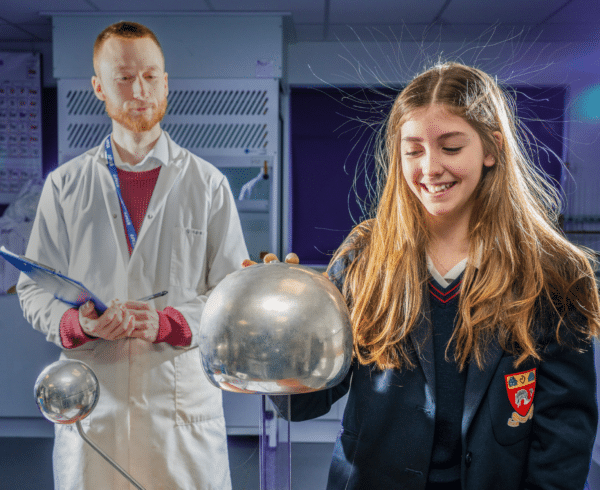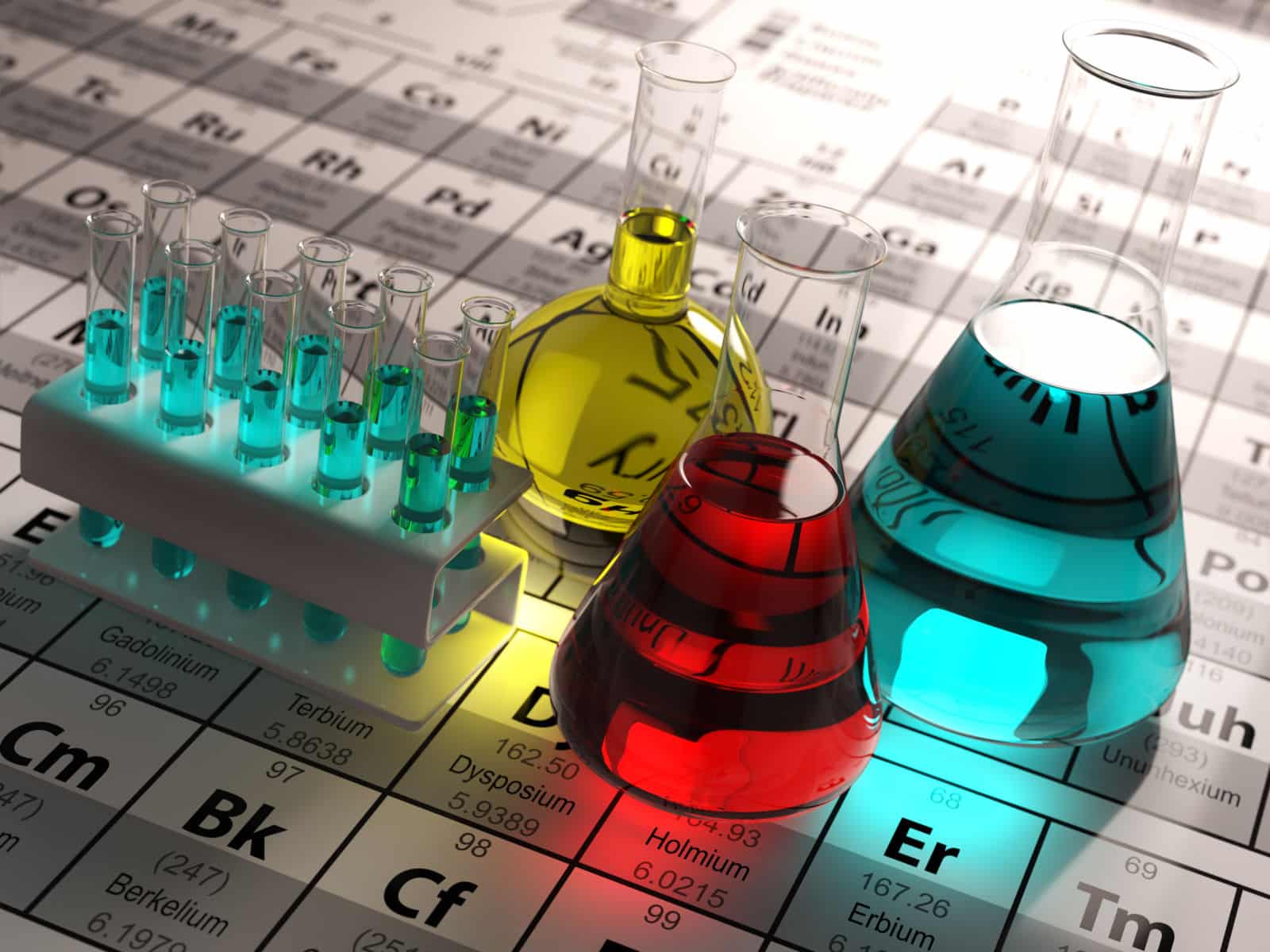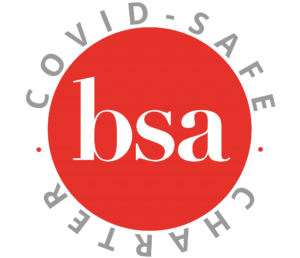Chemistry
Introductory Video from Mr. Millward
Science Video
Course Details
A Level Chemistry
What kind of student would enjoy this course?
Someone who likes practical work, solving puzzles and thinking about things they cannot see may enjoy studying Chemistry. A Level 7 or above in both Science and Additional Science or in Chemistry at GCSE are needed together with a minimum of a level 6 in GCSE Mathematics.
What will I study?
The A-Level course builds on the knowledge gained at GCSE using the Periodic Table as a model for understanding the behaviour of elements and compounds. Chemistry will be studied in a contemporary context with practical work at the heart of the teaching.
Year 12
Physical: Atomic structure, amount of substance, bonding, energetics, kinetics;
Inorganic: Periodicity, Group 2 and Group 7 elements;
Organic: Alkanes, alkenes, haloalkanes and alcohols
Year 13
Physical: Thermodynamics, rate equations, equilibria and electrode potentials;
Inorganic: Period 3 oxides and transition metals;
Organic: Aldehydes, ketones, carboxylic acids, aromatic, amines, proteins and spectroscopy
The understanding and interpretation of practical work will be assessed within the written exams accounting for 15% of the total marks. Practical skills will be assessed by teachers and indicated as a pass on the certificate.
What skills will I learn?
You will increase your ability to think logically, manipulate abstract ideas and use an analytical approach to problem solving. Your practical skills of observation and your manual dexterity will also improve.
What could I do at the end of my course?
An A-Level in Chemistry is highly regarded by universities for entrance into a wide variety of courses and it is essential for medicine and pharmacy. Chemistry graduates are employed in a range of fields from art restoration, textiles and cosmetics to research and development of drugs and in many professions including forensic science, law, politics and accountancy.














